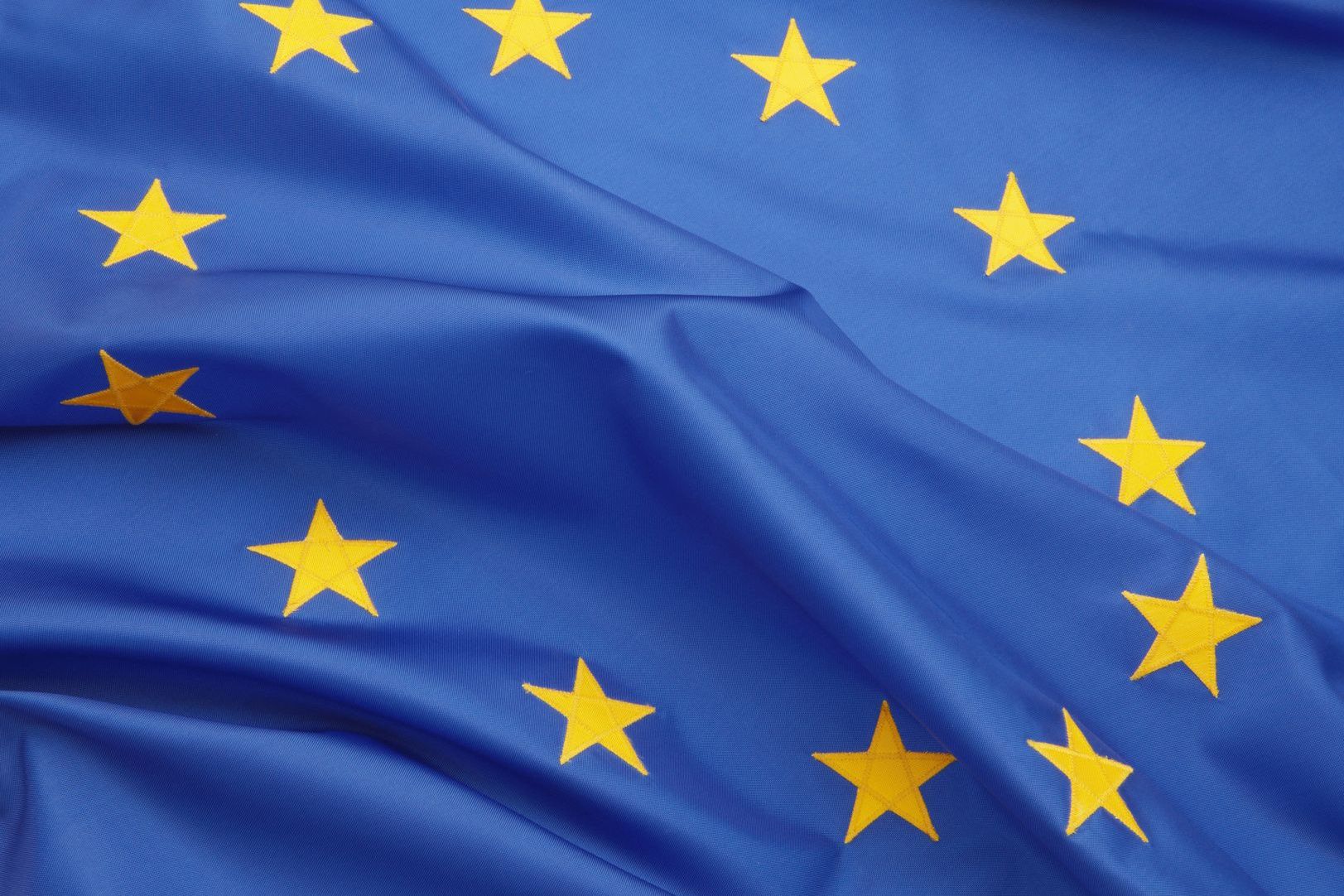
(Vienna, 20 August 2021) How should Europe deal with the COVID-19 pandemic going forward? What strategies should it pursue and what specific risks must it consider? To answer these questions, European researchers from a wide range of disciplines - including MedUni Vienna epidemiologist Eva Schernhammer - have worked together to produce detailed situation analyses for the coming months and years. The results were recently published in the prestigious journals The Lancet and The Lancet Regional Health - Europe.
Following a significant decline in COVID-19 incidence across Europe in the spring, many countries have relaxed their containment measures, or even lifted them completely. However, in combination with the spread of the new Delta variant, this led to a renewed uptick in incidence: the latest research data indicate that this variant is significantly more infectious than its predecessors. As well as this, it is also probable that people who have already been vaccinated can still pass the virus on to others, even though the vaccination is very effective in protecting them against a severe course of infection. In view of the increase in travel, the planned opening of schools after the summer holidays and increased transmission of the virus during the upcoming cold, wet season, there is clearly a need for a transnational strategy.
Two opposing strategies
The expert group analysed two opposing strategies: rapid lifting of restrictions on the assumption that, even if there is potentially a high incidence of the disease, immunisation will prevent the healthcare system from becoming overloaded; or a gradual lifting of the restrictions in keeping with the pace of vaccination, with the aim of keeping case numbers low.
In view of the vaccination status in August 2021, the first strategy can lead to an incidence of several hundred infections per 100,000 people per week. The second strategy is based on contact tracing and therefore requires an incidence of well below one hundred. Such a discrepancy poses difficulties in terms of European cooperation, since a high incidence in one country can easily spread to its neighbours. In order for either of these approaches to be effective, it is essential that European countries agree on a common strategy.
The benefits of low incidence have long been known. These include lower mortality and morbidity, fewer cases of long COVID, and solidarity with those not yet protected. The risk of developing and spreading new variants must be minimised - with effective testing and contact tracing. Fewer workers in quarantine or isolation and low incidences would be the best guarantee to keep schools and child day-care facilities open during the coming autumn-winter season. High incidences would still push hospitals and intensive care units to the limit in some countries.
End of the pandemic is conceivable
The study concludes: a low incidence helps to contain the pandemic and thus preserves the freedom of everyone, including those at greater risk. Perceived risk, motivation and understanding of the purpose of the measures are important prerequisites for people to comply with them and protect themselves. Public confidence must therefore be further promoted through timely, clear, consistent and reliable messaging, including systematically countering any misinformation.
Although the pandemic has not yet been overcome, an end is conceivable, says the study: "Containment measures can be lifted as soon as high vaccination coverage is achieved and if vaccines continue to be highly effective against new variants. Until then, however, the goal should be a common European approach, in order to minimise the economic and societal costs to Europe and the world."
Service: The Lancet
"Towards a European strategy to address the COVID-19 pandemic". Viola Priesemann, Rudi Balling, Simon Bauer, Philippe Beutels, André Calero Valdez. Sarah Cuschieri, Eva Schernhammer et al. https://www.thelancet.com/journals/lancet/article/PIIS0140-6736(21)01808-0/fulltext